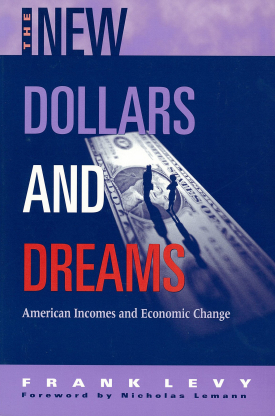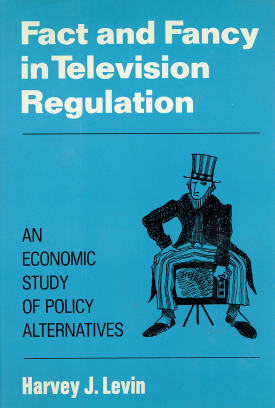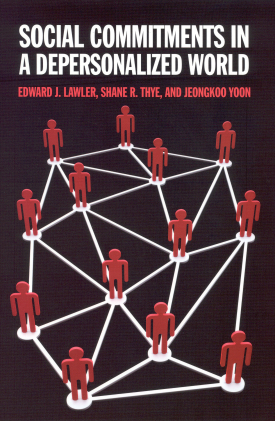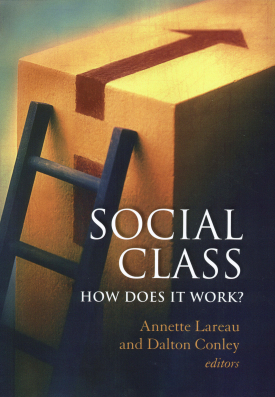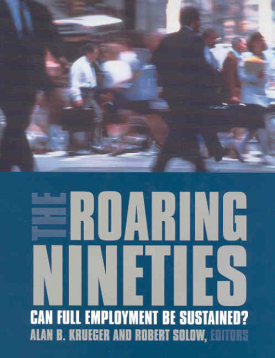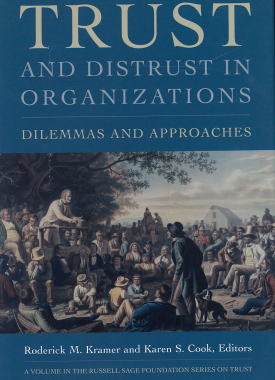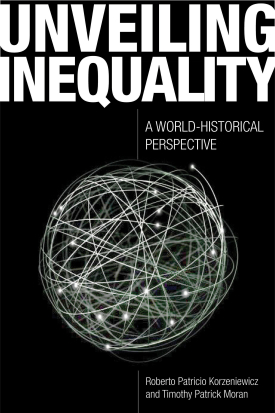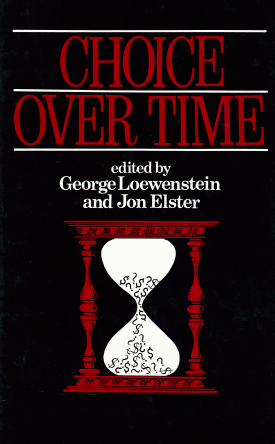
Choice Over Time
About This Book
Many of our most urgent national problems suggest a widespread lack of concern for the future. Alarming economic conditions, such as low national savings rates, declining corporate investment in long-term capital projects, and ballooning private and public debt are matched by such social ills as diminished educational achievement, environmental degradation, and high rates of infant mortality, crime, and teenage pregnancy. At the heart of all these troubles lies an important behavioral phenomenon: in the role of consumer, manager, voter, student, or parent, many Americans choose inferior but immediate rewards over greater long-term benefits.
Choice Over Time offers a rich sampling of original research on intertemporal choice—how and why people decide between immediate and delayed consequences—from a broad range of theoretical and methodological perspectives in philosophy, political science, psychology, and economics. George Loewenstein, Jon Elster, and their distinguished colleagues review existing theories and forge new approaches to understanding significant questions: Why do people seem to "discount" future benefits? Do individuals use the same decision-making strategy in all aspects of their lives? What part is played by situational factors such as the certainty of delayed consequences? How are decisions affected by personal factors such as willpower and taste?
In addressing these issues, the contributors to Choice Over Time address many social, economic, psychological, and personal time problems. Their work demonstrates the predictive power of short-term preferences in behavior as varied as addiction and phobia, the effect of prices on consumption, and the dramatic rise in debt and decline in savings. Choice Over Time provides an essential source for the most recent research and theory on intertemporal choice, offering new models for time preference patterns—and their aberrations—and presenting a diversity of potential solutions to the problem of "temporal myopia."
GEORGE LOEWENSTEIN is professor of economics and psychology, Department of Social and Decision Sciences, Carnegie Mellon University.
JON ELSTER is Edward L. Ryerson Distinguished Service Professor of Political Science and Philosophy at the University of Chicago.
CONTRIBUTORS: George Ainslie, Gary S. Becker, Robert H. Frank, Michael Grossman, Nick Haslam, Richard J. Herrnstein, Walter Mishel, Kevin M. Murphy, Drazen Prelec, Howard Rachlin, Andres Raineri, Monica L. Rodriquez, Thomas Schelling, Hersh M. Shefrin, Yuichi Shoda, Richard H. Thaler.


